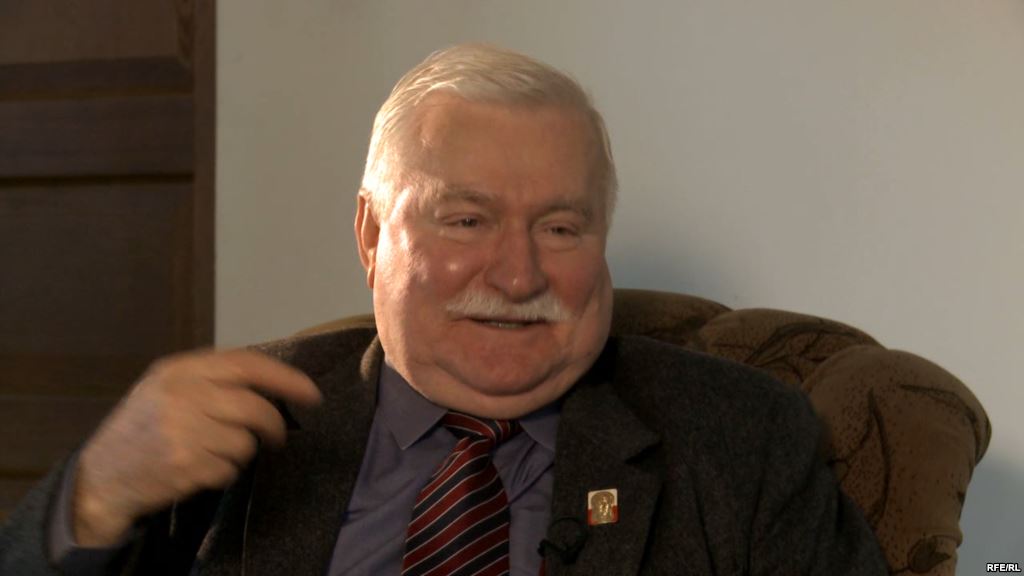-
Tips for becoming a good boxer - November 6, 2020
-
7 expert tips for making your hens night a memorable one - November 6, 2020
-
5 reasons to host your Christmas party on a cruise boat - November 6, 2020
-
What to do when you’re charged with a crime - November 6, 2020
-
Should you get one or multiple dogs? Here’s all you need to know - November 3, 2020
-
A Guide: How to Build Your Very Own Magic Mirror - February 14, 2019
-
Our Top Inspirational Baseball Stars - November 24, 2018
-
Five Tech Tools That Will Help You Turn Your Blog into a Business - November 24, 2018
-
How to Indulge on Vacation without Expanding Your Waist - November 9, 2018
-
5 Strategies for Businesses to Appeal to Today’s Increasingly Mobile-Crazed Customers - November 9, 2018
Codename Bolek – Former Polish president Lech Walesa ‘was paid informant’
Poland’s Lech Walesa, who shot to world fame for his role in the collapse of communism, promised on Thursday to defend himself in court against new allegations that he collaborated with the communist-era secret services.
Advertisement
The documents have not yet been analyzed and a plan to make them public is in place, according to Lukasz Kaminski, the head of the Institute of National Remembrance, says BBC.
A hugely significant figure in Poland’s transition from Soviet satellite state to European republic, Walesa has denied the accusations.
A statement from Walesa suggested the documents were forged.
One leading historian has reportedly said that the impact of the latest claims would be limited unless evidence showed that Walesa had been an informant after he founded the Solidarity movement. “I had no influence over what the secret police did and wrote”, he said.
According to Kaminski, five more packets of seized documents have not yet been opened. Prosecutors and police also searched Kiszczak’s summer house on Thursday.
The secret service also used to fabricate information on people, a fact that calls for meticulous confirmation of the authenticity of any compromising documents that emerge. She demanded 90,000 zlotys ($23,000; 20,000 euros). Prosecutors retrieved them the same day due to a law on important historic documents.
Mr Walesa was the icon of Poland and eastern Europe’s drive for freedom that abolished communism and brought down the Iron Curtain in 1989 without bloodshed. Walesa co-founded the Solidarity union in 1980, and the group’s efforts led to the fall of Poland’s Communist government in 1989.
Poland’s ruling Law & Justice party has long argued that Walesa, along with scores of other pro-democracy activists who negotiated with the communists in the 1980s, were tainted by collaboration with the security services and ultimately sold out Poland.
Advertisement
He was Poland’s first popularly elected president from 1990 to 1995, but following a term of office where his style was perceived as authoritarian, he painfully lost a re-election bid to ex-communist Aleksander Kwasniewski. In 2008, a book by two historians reiterated the charges that Walesa collaborated under the codename “Bolek” and also accused Walesa of using his power as president to hide evidence of his cooperation with police.





























